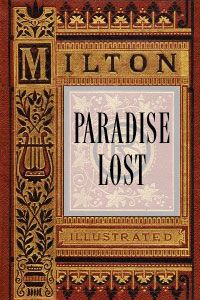Sometimes Christian theology needs to stop qualifying and nuancing and just announce what it believes is the truth that dissolves all other claimed certainties. Now I know that when it comes to the central mysteries of our faith the last thing necessary is strident certainty, shouted loudly, with eyes closed to other possibilities and mind sealed against deeper apprehension, so that the truth so mistakenly protected is limited to our own human criteria.
Still. There's something refreshing when someone decides to draw an epistemic line in the sand, to say it as he sees it, to do a Thomas from the other side of doubt and say My Lord and My God. That's what John Updike did in 1960 when he wrote his Seven Stanzas for Easter. Every year I read them, and smile at the take no prisoners bluntness of a poet defending a mystery by insisting on miracle.
Seven Stanzas for Easter
Make no mistake: if he rose at all
It was as His body;
If the cell’s dissolution did not reverse,the molecule reknit,
The amino acids rekindle,
The Church will fall.
It was not as the flowers,
Each soft spring recurrent;
It was not as His Spirit in the mouths and fuddled eyes of the
Eleven apostles;
It was as His flesh; ours.
The same hinged thumbs and toes
The same valved heart
That-pierced-died, withered, paused, and then regathered
Out of enduring Might
New strength to enclose.
Let us not mock God with metaphor,
Analogy, sidestepping, transcendence,
Making of the event a parable, a sign painted in the faded
Credulity of earlier ages:
Let us walk through the door.
The stone is rolled back, not papier-mache,
Not a stone in a story,
But the vast rock of materiality that in the slow grinding of
Time will eclipse for each of us
The wide light of day.
And if we have an angel at the tomb,
Make it a real angel,
Weighty with Max Planck’s quanta, vivid with hair, opaque in
The dawn light, robed in real linen
Spun on a definite loom.
Let us not seek to make it less monstrous,
For our own convenience, our own sense of beauty,
Lest, awakened in one unthinkable hour, we are embarrassed
By the miracle,
And crushed by remonstrance.


